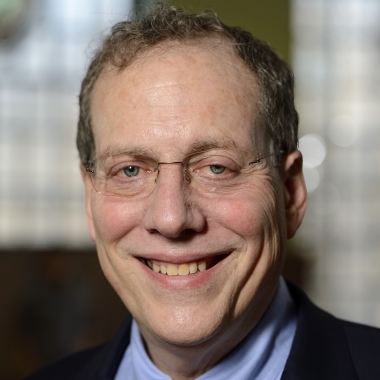
Andrew Feinberg
Department of Mental Health, Bloomberg School of Public Health
Department of Biomedical Engineering, Whiting School of Engineering
Andrew Feinberg is considered to be a founder of the field of cancer epigenetics, which is the study of heritable changes in gene expression—active versus inactive genes—that do not involve changes to the underlying DNA sequence. He contributes his expertise in human epigenetics to cutting edge research in cancer and applies these concepts to understand the role of epigenetics in all aspects of human disease.
Feinberg was the first to demonstrate how genetics, epigenetics, and the environment interact to cause disease, and pioneered the field of epigenomics, developing many of the experimental and statistical tools to study epigenetics at a genome-scale level Feinberg’s research is now focused on studying the epigenetic basis of normal development and disease, including cancer, aging, and neuropsychiatric illness. He is one of 10 principal investigators on NASA’s Twins Study analyzing the epigenetic effects of spaceflight on the Kelly identical twins, comparing samples from twin astronauts Mark and Scott Kelly during Scott’s year in space.
Feinberg was appointed as an assistant professor at Johns Hopkins University in 1983 and was named a Bloomberg Distinguished Professor in 2015.